|
I'm really thankful to have been hosted today at Vanderbilt University by Dr. Mariana Byndloss and all her wonderful lab colleagues. The BYNDLOSS LAB is mainly addressing three questions: 1. How does the microbial imbalance induced by high-fat diets promote increased risk for heart disease? 2. How does antibiotic exposure early in life contribute to prolonged gut microbial imbalance and increased risk of weight gain? 3. Can we prevent the "bloom" of colon cancer associated bacteria? Additionally, Andy Brooks showed me around his lab, led by Dr. Seth Bordenstein, Director of the Vanderbilt Microbiome Initiative. The BORDENSTEIN LAB focuses on the following inquiries: 1. What is the impact of ethnicity and diet on human microbiome variation and health disparities? 2. How might the global presence of a bacteria called Wolbachia that infects most insects represent a major mosquito control strategy? 3. How do animals form mutually beneficial relationships with microbial communities? 4. How did life progress from one species to many millions, and do microbes impact the origin of new animal species? 5. What is the future of science education for high schools, colleges, and citizen scientists (like members of halfhuman.org), and how can local communities participate in discovery-based research to learn biology and hands-on biotechnology? I owe both Dr. Byndloss and Andy big-time for allowing me to intrude on their workdays! Dr. Byndloss (red) and colleagues
4 Comments
Dr. Rob Knight and meMorning registration dutiesDrs. Lita Proctor, Rob Knight, Jonathan Eisen, and Linda Brubaker in a final discussion panel called "Breaking the Glass Ceiling: How Do We Solve the Gender Imbalance in STEM?"Today marks the final day of my west coast excursion! After enjoying my brief experience here helping with the first CMI International Microbiome Meeting, I'm leaving Cali with an even deeper respect and amazement for all that lies unseen by the naked eye. Many thanks to Dr. Rob Knight and all the organizers for two days of fascinating talks with titles ranging from "The Role of the Microbiome in Inflammatory Bowel Disease" to "Whale Microbiomes: Insights from Skin, Blow, and Guts and Potential Use in Health Monitoring."
The experience was made all the more interesting by the fact that all 27 speakers were female, an obviously intentional decision designed to shine light on the problem of gender imbalance at scientific conferences. This generated considerable attention, including an opinion piece in the Wall Street Journal referenced here. While I choose to leave discussions of gender inequality in science to those more informed than I, it's fair to say that a major takeaway from my personal conference experience is that a lack of diversity can be associated with significant pathology,--whether it's in the "micro" context of an inflammatory bowel disease microbiome or the "macro" context of gender representation! All in all, I'm so very grateful for the opportunity to listen, learn, and hopefully help a little bit, and I'm excited to be returning this summer to work in the Knight Lab in microbiome research! |
AuthorSanta Claus brought Jimmy Underwood his first microscope when he was twelve years old. Archives
March 2020
Categories |
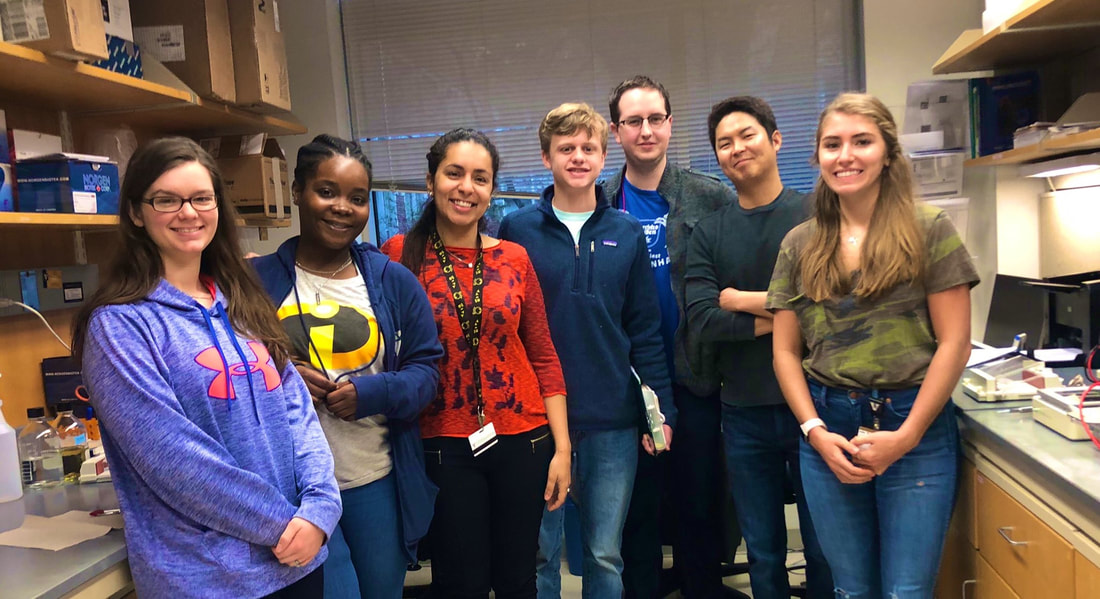
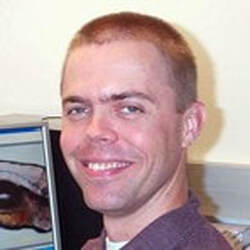
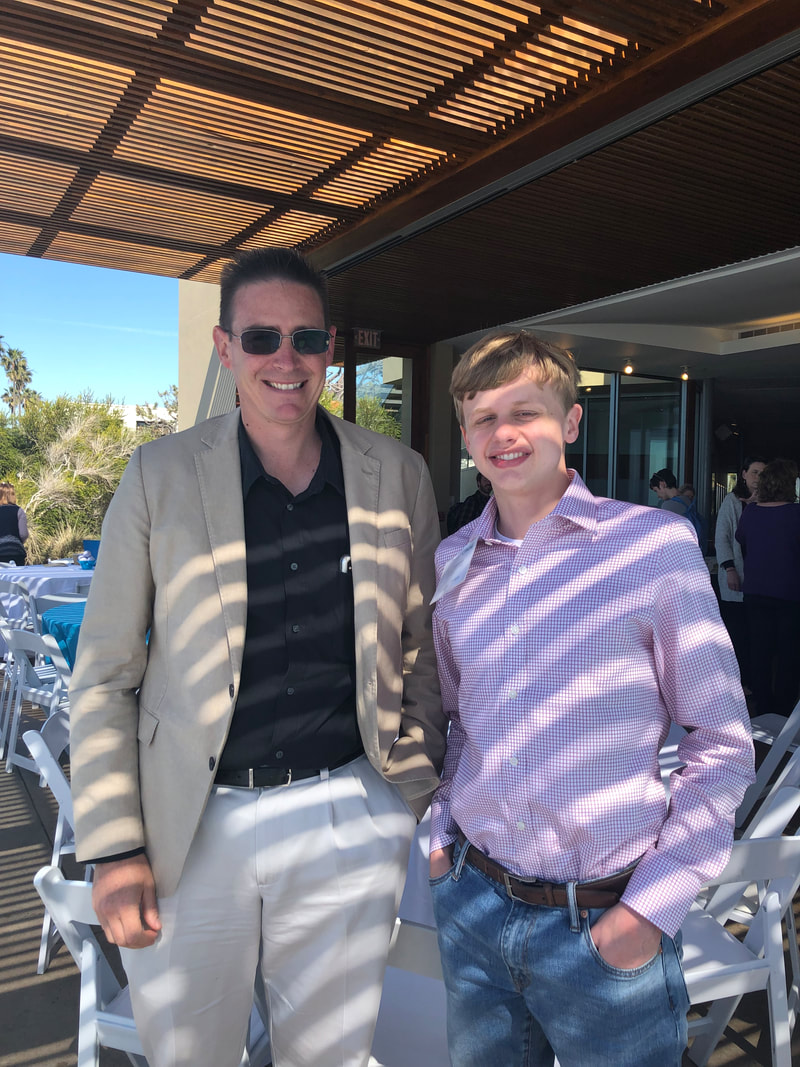
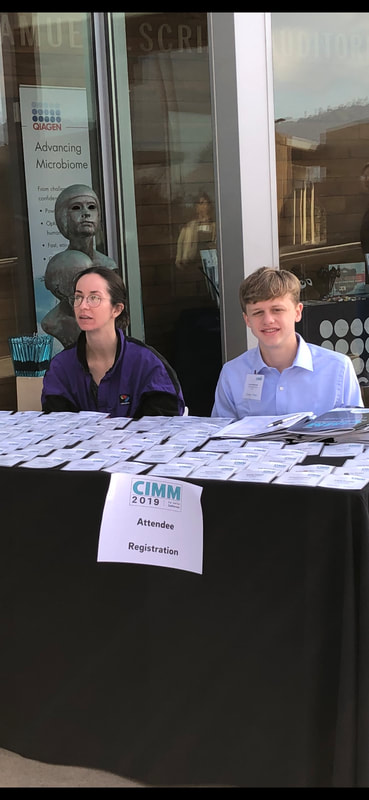
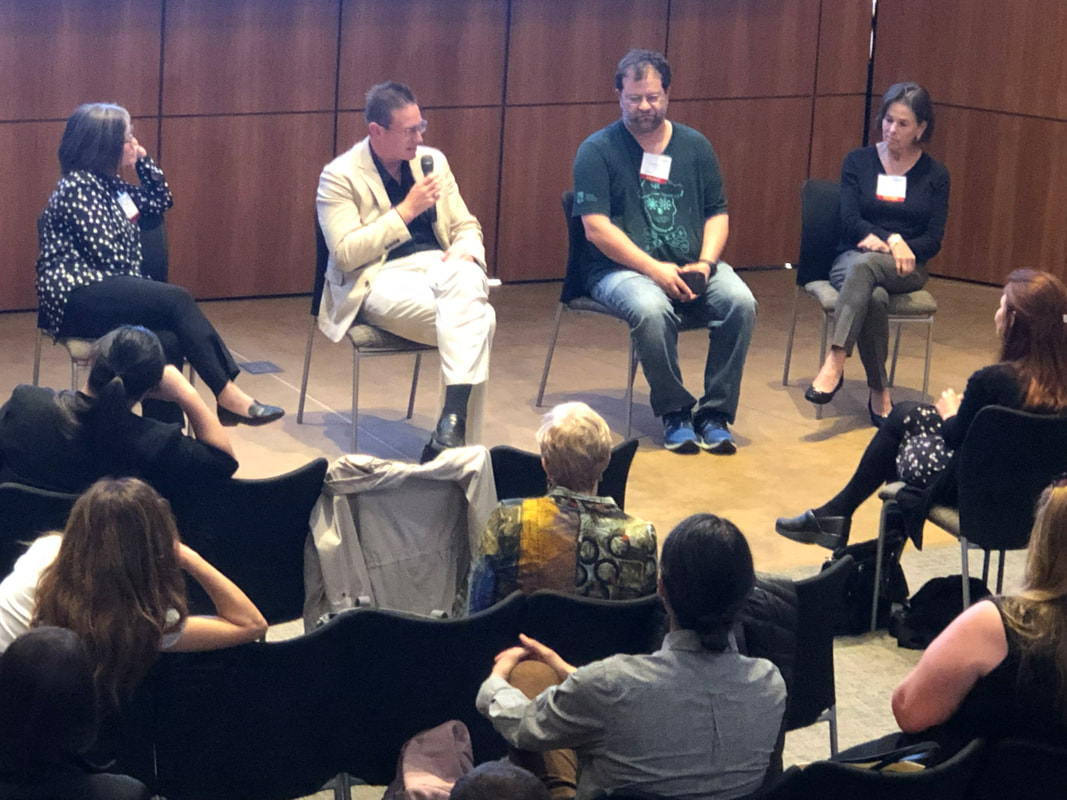
 RSS Feed
RSS Feed